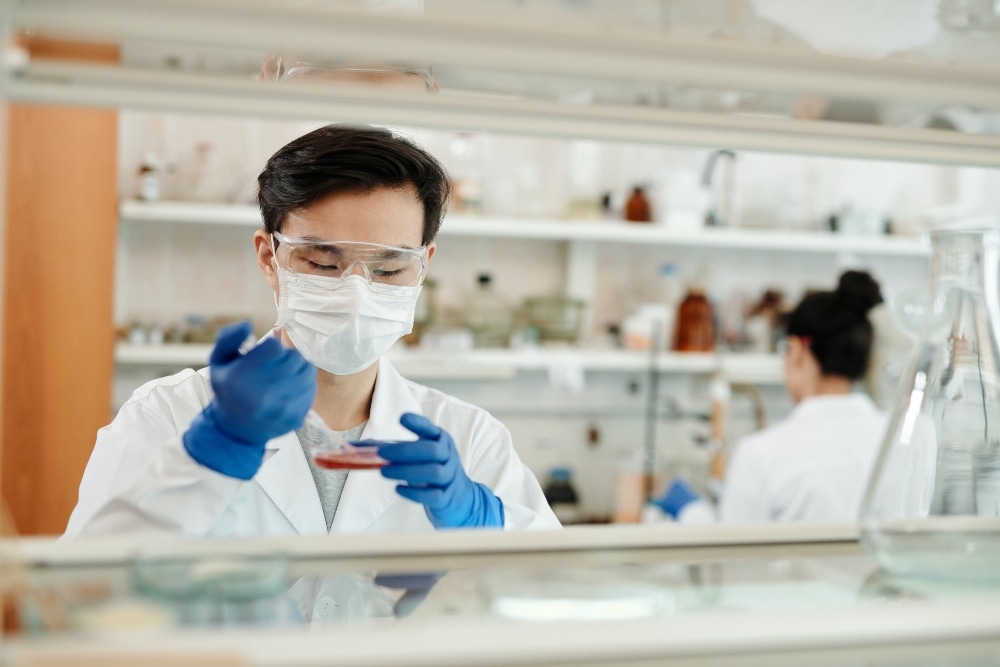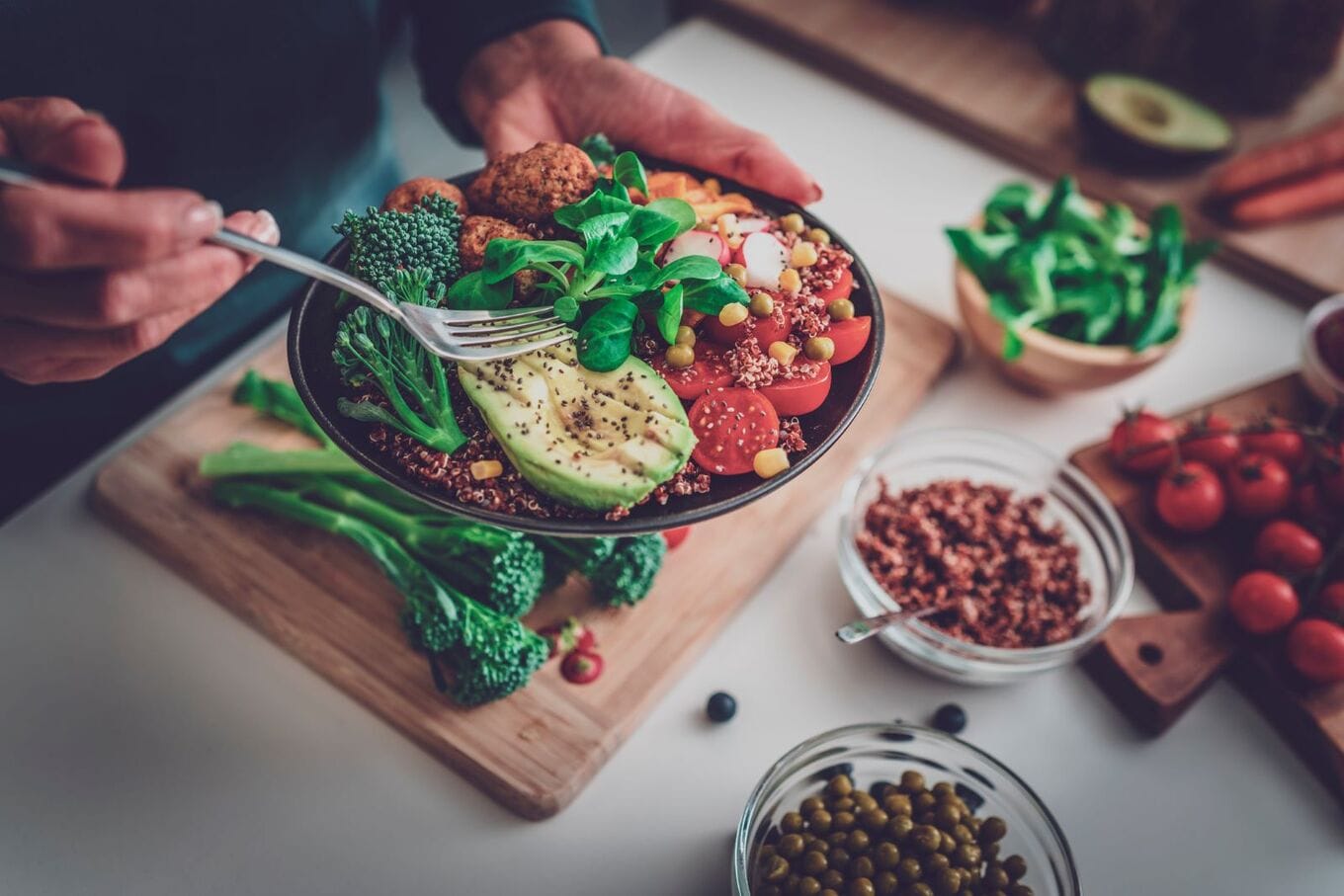It’s difficult to fathom just how important the development of modern medicine has been to the human race. But here’s one statistic that might help: from 1981 to 2013, it’s estimated that drugs saved 139 million years of life, according to the Information Technology & Innovation Foundation.
Progress in medicine has increased life quality and expectancy, and without it, society would look very different. In 1700s England, just before research into modern medicine really started to pick up, the average life expectancy was around 37 years of age. Let that sink in.
But while it’s important to be grateful for everything scientific advancements have given us, we can also recognize that medicine is not perfect. For the most part, the treatments and medications used around the world rely on animal exploitation, whether it’s through ingredients or through testing.
For ethical vegans, this presents a problem. Are you still a vegan, even if you’re medication isn’t? We’ll cut to the chase: yes. Here’s more about why you should always take the medicine you’re prescribed, even if it contains animal products. But first, what is actually in medicine that isn’t vegan?
Pexels
Table of Contents
Why isn’t all medicine vegan?
There are many, many drugs out there that rely on animal ingredients. Often, these ingredients play the role of excipient, which is an inactive ingredient that helps with the long-term stabilization of the medicine. According to registered pharmacist Sheetal Ladva, excipients can also help with consistency, solubility, and absorption.
“Unfortunately, the majority of excipients are derived from animals,” Ladva notes in a blog post for The Vegan Society. “A 2013 report of the 100 most prescribed drugs found that ‘74 contained one or more of lactose, gelatine, or magnesium stearate.’”
Lactose comes from cow’s milk, gelatin is usually sourced from the skin and bones of cattle and pigs, and magnesium stearate can be derived from beef fat. Other common excipients include shellac, which is secreted by lac bugs, cochineal, which is made with crushed cochineal beetles, and lanolin, which comes from sheep’s wool.
Some animal ingredients also play an active role in medicine. Insulin, for example, can sometimes be taken from animals, like pigs and cows. And heparin, which is used to prevent or treat blood clots, is often derived from pigs and cattle, but it can also come from many other animals, including turkeys, mice, whales, and lobsters.
That said, not all medicines contain animal products, but it can be difficult to find a definitive list of ingredients, says Ladva. You can check with your pharmacist, the leaflet inside the medicine box, or contact the manufacturer to try and find out information, but be aware that this may be a fruitless task. “In some cases, the manufacturer is not always able to guarantee the source of excipients or confirm non-contamination during the manufacturing process,” explains Ladva.
Are all medicines tested on animals?
Even if your medicine doesn’t contain animal ingredients, there is a good chance it has been tested on animals.
According to the Humane Society of the United States, it’s difficult to determine the exact number of animals that are used in scientific research across the US—which includes mice, rats, monkeys, dogs, rabbits, cats, and more—but estimates state it’s likely more than 50 million.
Most countries mandate that new drugs are tested on animals first before they are given to humans, which makes it near impossible to find cruelty-free medicine. “It is a regulatory requirement to test potential new medicines in animals before they can be tested in humans, with most tested in two species prior to human testing,” notes the Association of the British Pharmaceutical Industry.
Last year, however, there was progress in the US, when the FDA Modernization Act 2.0 was passed and signed into law. The act is by no means a ban on animal testing in scientific research, but it does mean that the FDA is allowed to consider non-animal drug tests, of which there are many.
Scientists can grow human and animal cells in laboratories, for example, and human volunteers can donate tissue, notes Cruelty Free International. There are also highly sophisticated computer models that can be used. “Due to innovations in science, animal tests are being replaced in areas such as toxicity testing, neuroscience, and drug development,” notes the animal advocacy organization. “But much more needs to be done.”
 Pexels
Pexels
Are you still vegan if you take these medicines?
While baby steps are being made towards a more ethical future of medicine, there is still a long, long way to go before the industry is animal-free. Right now, it’s a fact that most drugs on the market will have been developed through the exploitation of animals in some way.
But this does not mean that vegans shouldn’t take them. The Vegan Society’s definition of veganism states that vegans should avoid animal use “as far as possible and practical.” This means that when there is no alternative to a non-vegan medicine, it doesn’t make you any less of a vegan if you choose to take it.
“Sometimes, you may have no alternative to medication manufactured using animal products,” notes The Vegan Society. “Even if other medications are available, they may be less effective, have more side effects or be unsuitable for your healthcare needs.”
“While it can be upsetting to compromise our vegan beliefs, we encourage vegans to look after their health and that of others, enabling them to be effective advocates for veganism,” the organization concludes.







